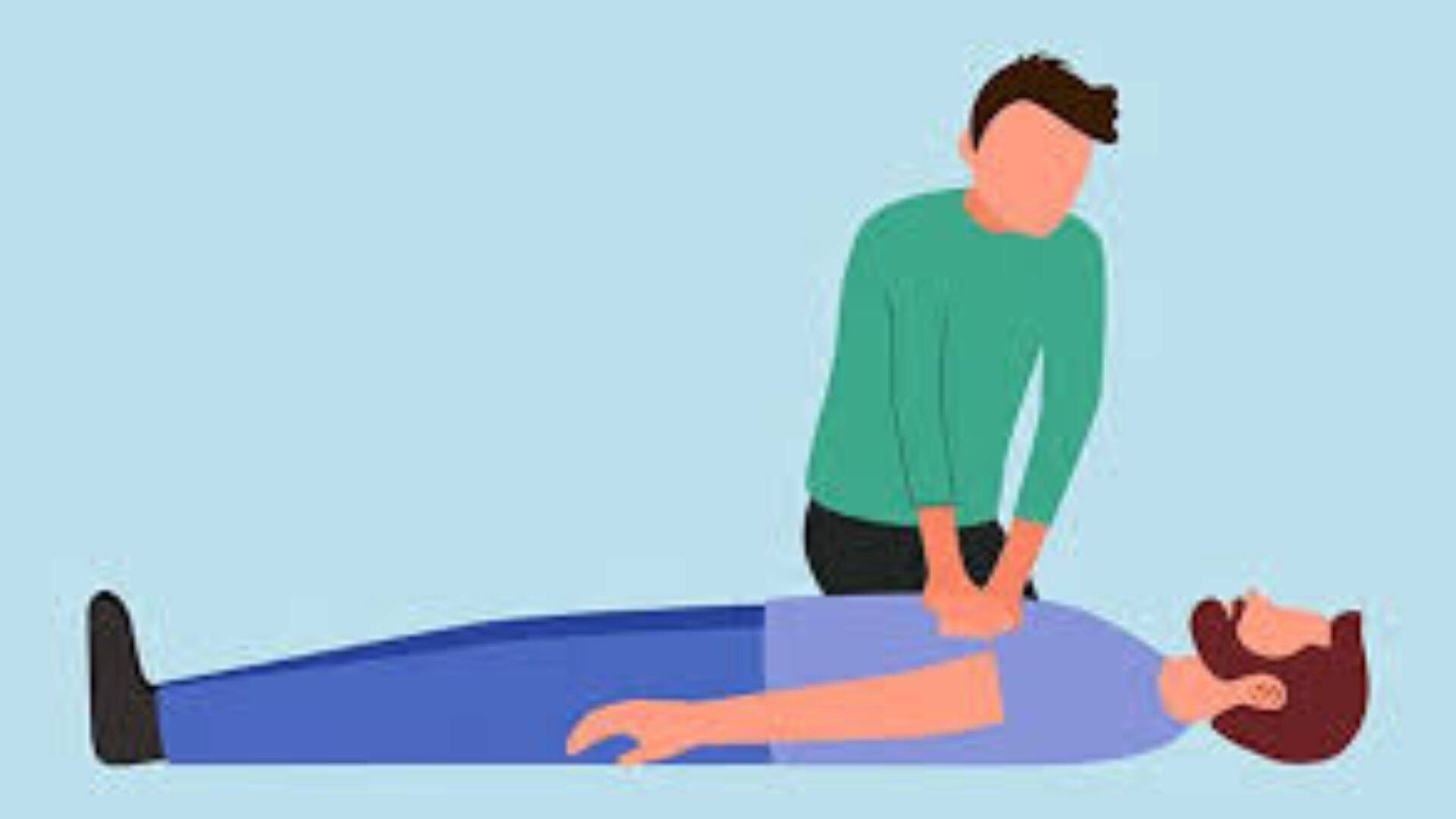A ticket examiner’s quick action and readiness to respond to a medical emergency helped save the life of an elderly passenger who suffered a heart attack during a long-distance train ride. BP Karn and his brother were traveling from Darbhanga in Bihar to Varanasi in Uttar Pradesh on the Pawan Express when Karn suddenly felt severe chest pain and collapsed. His brother quickly raised an emergency alert through the Railways’ RailMadad portal.
Upon receiving the alert, the ticket examiner promptly arrived at the coach where the elderly passenger was located. Meanwhile, the brother reached out to the family doctor, who advised performing cardiopulmonary resuscitation (CPR). Ticket examiner Savind Kumar administered CPR for approximately 15 minutes until the passenger regained consciousness. Footage shows Mr. Kumar performing CPR as per the doctor’s instructions, consistently checking to ensure he was doing it correctly.
Shortly after, the train arrived at Chhapra station, where a medical team was on standby due to the Railways’ alert regarding the emergency. The passenger was promptly taken off the train and admitted to a hospital.
Divisional Railway Manager Vivek Bhushan Sood announced that ticket examiner Savind Kumar would be honored for his actions, along with a cash prize. Railway officials expressed their pride in his response.
CPR is an emergency procedure performed when someone stops breathing or when the heart ceases to beat. It typically involves interlocking the hands and applying firm and rapid pressure to the patient’s chest, and is recognized as a crucial life-saving skill.







